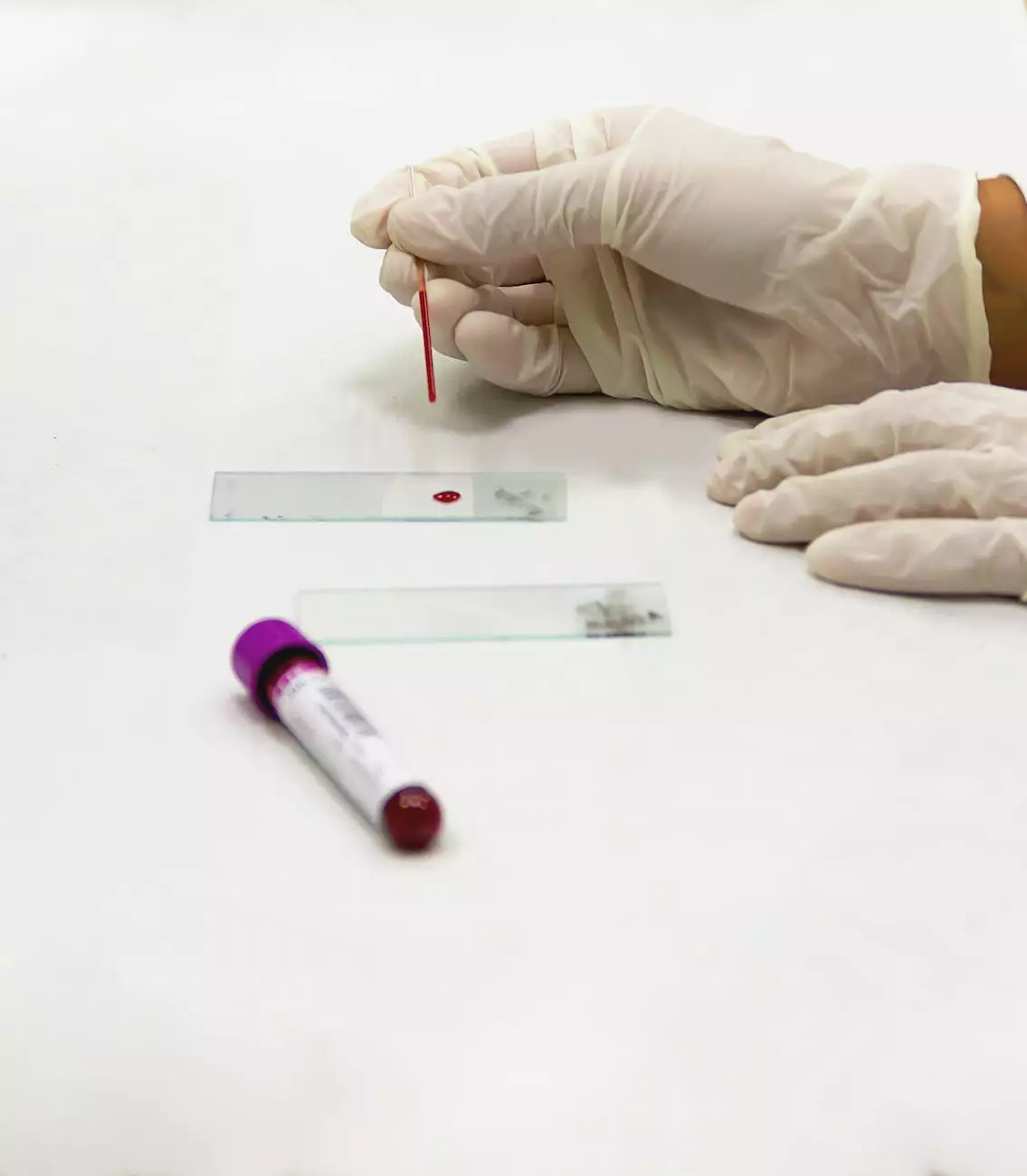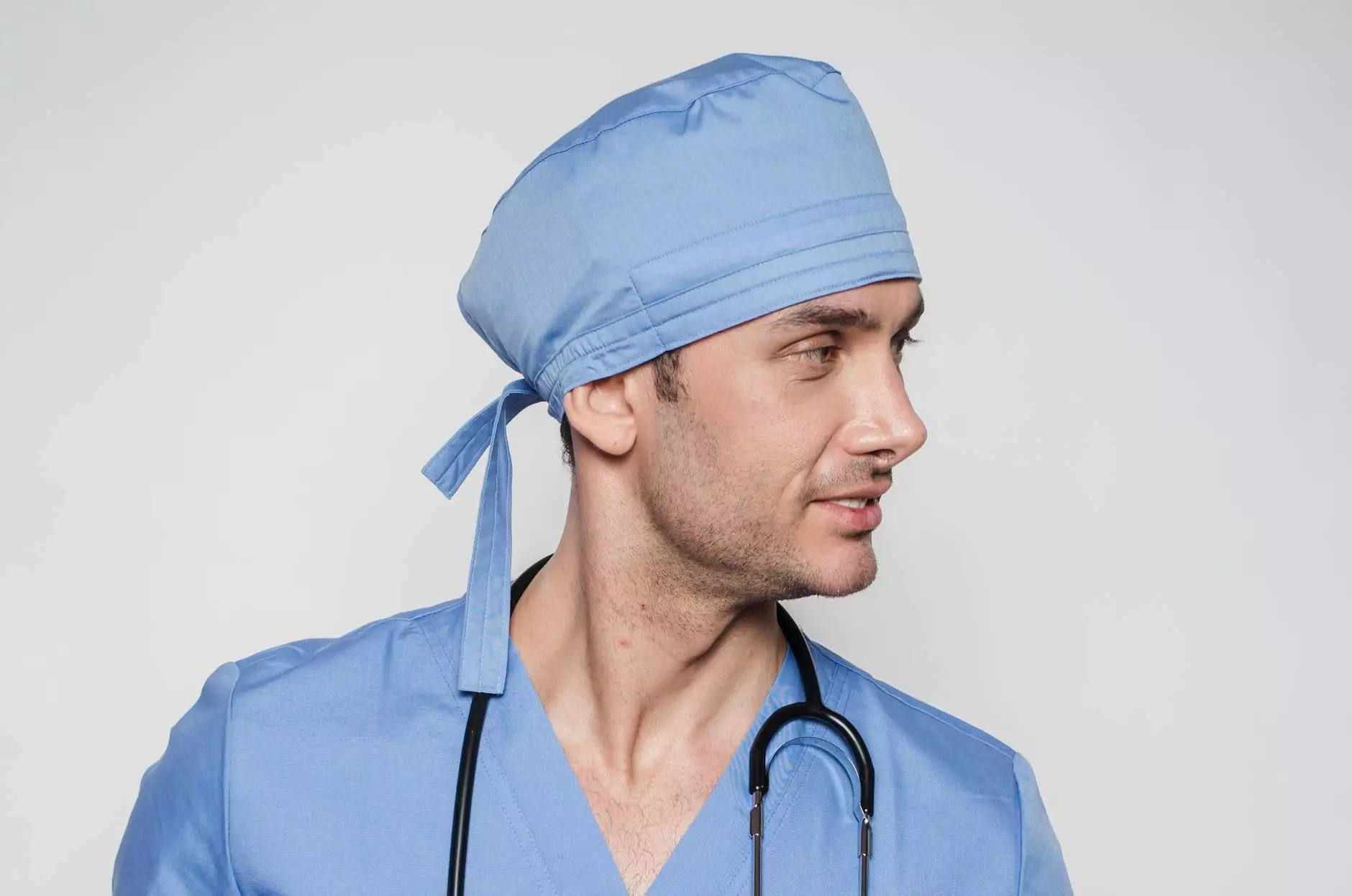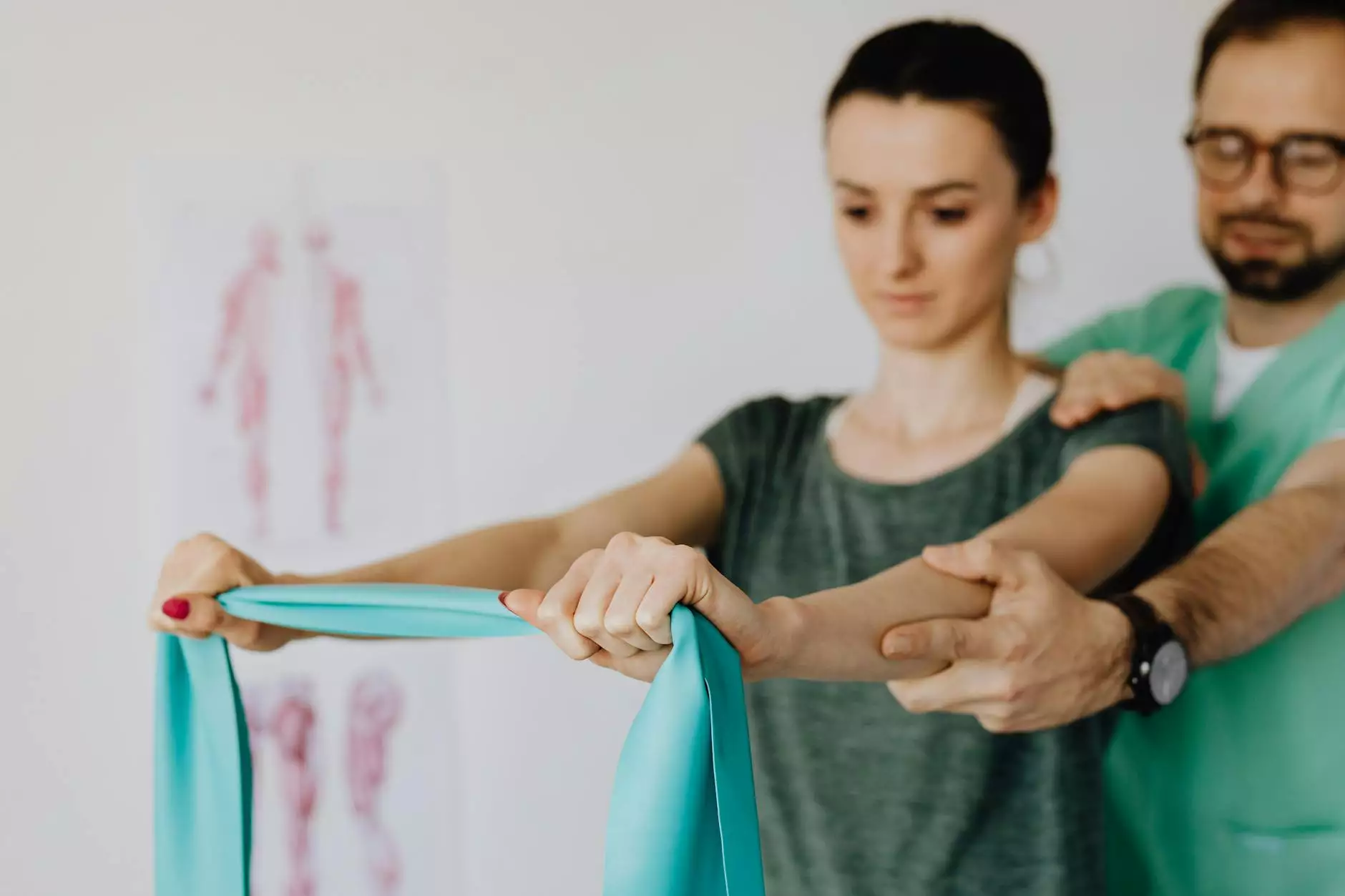¿Puede la buena alimentación mejorar sus venas varicosas?

The Connection Between Diet and Varicose Veins
When it comes to managing varicose veins, many people focus solely on medical treatments and lifestyle changes such as exercise and compression stockings. However, the role of diet in improving vein health should not be overlooked.
Understanding Varicose Veins
Varicose veins are enlarged, twisted veins that often appear as blue or purple bulges on the legs. They can be uncomfortable and aesthetically unappealing, causing pain, swelling, and aching sensations. While genetics, age, and hormonal factors play a role in their development, lifestyle choices can also contribute to the severity and progression of varicose veins.
The Impact of Nutrition on Vein Health
Good nutrition plays a vital role in maintaining overall health, and it can also have a positive impact on vein health. Certain nutrients and foods can help improve blood circulation, strengthen the vein walls, and reduce inflammation, all of which can contribute to better management of varicose veins.
1. Antioxidant-Rich Foods
Consuming a diet rich in antioxidants can help protect your veins and reduce oxidative stress. Include plenty of berries, citrus fruits, leafy green vegetables, and nuts in your daily meals. These foods are packed with vitamins C and E, which promote collagen production and support healthy blood vessels.
2. Omega-3 Fatty Acids
Omega-3 fatty acids, found in fatty fish like salmon and mackerel, as well as chia seeds and flaxseeds, have anti-inflammatory properties. Inflammation can weaken vein walls and contribute to the development of varicose veins. Incorporate these foods into your diet to help reduce inflammation and support vein health.
3. Fiber for Healthy Blood Flow
A diet high in fiber promotes regular bowel movements and prevents constipation, which can contribute to increased pressure in the veins. Include whole grains, legumes, and fresh fruits and vegetables to ensure an adequate intake of fiber. This can support healthy blood flow and reduce the risk of developing varicose veins.
4. Hydration for Improved Circulation
Staying hydrated is crucial for overall health, including vein health. Drinking enough water helps maintain blood volume and prevents the blood from thickening, reducing the risk of blood clot formation. Aim to drink at least 8 glasses of water each day to keep your veins properly hydrated.
5. Bioflavonoids for Stronger Veins
Bioflavonoids are plant compounds that have been shown to improve vein strength and reduce swelling. Foods rich in bioflavonoids include citrus fruits, onions, garlic, and dark chocolate. Consider adding these items to your diet to support the health of your veins.
Lifestyle Changes for Varicose Veins
While diet can play a significant role in improving varicose veins, it is important to remember that it should be complemented with other lifestyle changes for optimal results.
1. Regular Exercise
Engaging in regular physical activity helps promote healthy blood circulation and strengthen the muscles that support the veins. Incorporate activities such as walking, swimming, or cycling into your routine to improve vein health.
2. Avoid Prolonged Sitting or Standing
Long periods of sitting or standing can contribute to poor circulation and increase the risk of developing or worsening varicose veins. If your job requires prolonged sitting or standing, take regular breaks to move around and stretch your legs.
3. Compression Stockings
Compression stockings can provide additional support to the veins, helping to improve blood flow and alleviate symptoms associated with varicose veins. Consult with your healthcare provider to determine if compression stockings are a suitable option for you.
4. Maintaining a Healthy Weight
Excess weight puts additional pressure on the veins, making them more likely to weaken and become varicose. Maintaining a healthy weight through a balanced diet and regular exercise can help reduce the risk and severity of varicose veins.
Consult with a Vein Specialist
If you are experiencing significant discomfort or are concerned about the appearance of your varicose veins, it is essential to consult with a vein specialist. They can provide a comprehensive evaluation and recommend personalized treatment options to address your specific needs.
Conclusion
While a healthy diet alone cannot guarantee the elimination of varicose veins, it can contribute to better vein health and potentially improve their appearance and symptoms. By incorporating nutrient-rich foods, staying hydrated, and adopting other lifestyle changes, you can take a proactive approach to managing varicose veins. Remember to consult with a healthcare professional for personalized advice and treatment options.
For more information about varicose veins and their management, visit Bay Regional Medical Center - Health Blog.










